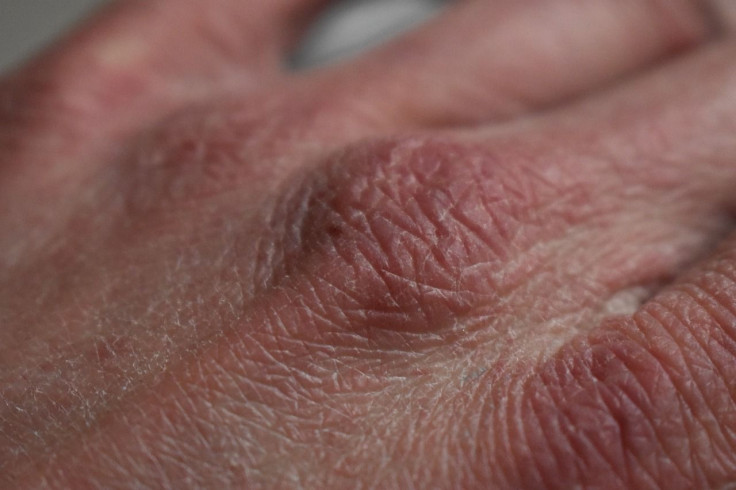Skin Warning Signs That May Indicate You Have Vitamin D Deficiency

KEY POINTS
- The body needs vitamin D, which is also known as the sunshine vitamin
- When the body lacks vitamin D, the skin is among the first parts that would show signs of the deficiency
- Severe dryness of the skin, which sometimes turns to a serious illness is one symptom
The body needs vitamin D to process calcium and promote the growth of bones and teeth. Insufficiency of vitamin D may lead to children having soft bones and adults having fragile or misshapen bones. Vitamin D helps in controlling the amount of phosphate and calcium in the bodies. Your body also needs this vitamin for healthier muscles.
Vitamin D promotes a huge range of functions for healthy skin and body. If you lack vitamin D, your skin may start showing certain symptoms.
Your Skin and Vitamin D
Sufficient levels of vitamin D benefits your skin by promoting healthy epidermal cell growth. It also lowers your risks of infection and, at the same time, prevents the aging of the skin. It also minimizes your risk of developing chronic diseases like skin cancer.
Some of the sources of vitamin D include red meat, egg yolks, oily fish, and liver. You can also get vitamin D from fortified foods like fat spreads and breakfast cereals.
It is, however, difficult to get the required amount of vitamin D from food alone. When there is an insufficiency of vitamin D, deficiency can flare-up.
Skin Symptoms Due To Vitamin D Deficiency
One of the clear signs of vitamin D deficiency is experiencing severe dryness of the skin. Medical practitioners call this skin disorder Ichthyosis.
This skin problem is believed to be an inherited disorder. It is sometimes referred to as fish scale disease because of the build-up of thick and dry, scaly skin.
According to scientists, this disorder is caused by mutations in genes that are supposed to function as skin barriers. Vitamin D is very important because it triggers the receptors which are responsible for promoting the formation of the skin barrier, which is vital for defending the skin.
The findings of the study were published in 2014 by Orphanet Journal of Rare Diseases. Researchers of the study have warned against vitamin D deficiency risk when managing patients with ichthyosis, particularly during spring and winter.
Researchers found they have observed low or abnormal amounts of vitamin D in patients suffering from other skin diseases. Such skin diseases were also characterized by itchy skin, abnormal dryness, and scaling.
The study recommended that clinicians must be aware of the risks associated with vitamin D deficiency when managing patients suffering from inherited ichthyosis. If you believe you have vitamin D deficiency, you must seek an appointment with your doctor for your condition to be treated at an early stage.
© Copyright IBTimes 2024. All rights reserved.





















